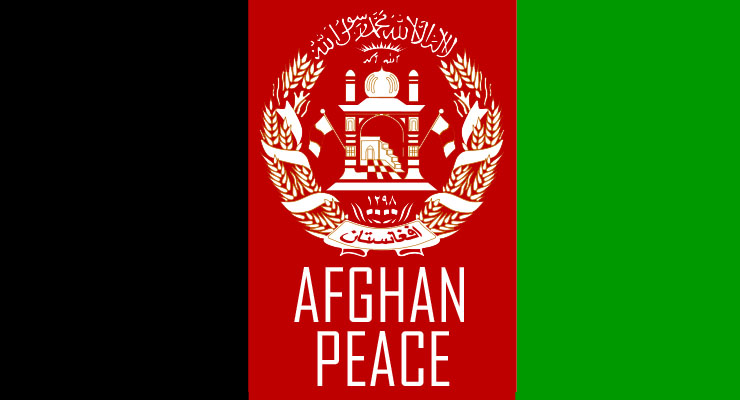 This analysis published in The Tribune is by Riaz Akbar. Here are some of the key points:
This analysis published in The Tribune is by Riaz Akbar. Here are some of the key points:
- Forsaking the existing knowledge about conflict and democratisation by the elites deciding Kabul’s fate led to a disarray-marred Afghanistan post-2003.
- Brancati and Snyder argue that the absence of favourable conditions for the founding elections adversely impacts the process of peace and democratisation and may intensify the conflict, and caution elites to be prudent.
- In contrast, Jarstad and Sisk argue that excluding a major warring group from the post-war power-sharing agreement makes post-conflict democratisation elusive.
- The failure to heed this theoretic knowledge and advice affected the Afghan democratisation process started after the United States (US) invasion of the country in 2001. Policymakers must learn from those mistakes.
- Pakistan correctly diagnosed the issue early on and called for the unsavoury but necessary measures to make the process broad-based. However, other mighty powers torpedoed Pakistan’s policy proposals.
- The recent breakthroughs in the Taliban-US deals and the Taliban-Afghan government negotiations present a new opportunity to consolidate the democratisation process, which the policymakers must fully use to correct the past mistakes.
- Drawing on the experiences for the last two decades, and informing policy based on evidence and theoretic models will be necessary.
Find the full article here.
Leave a Reply